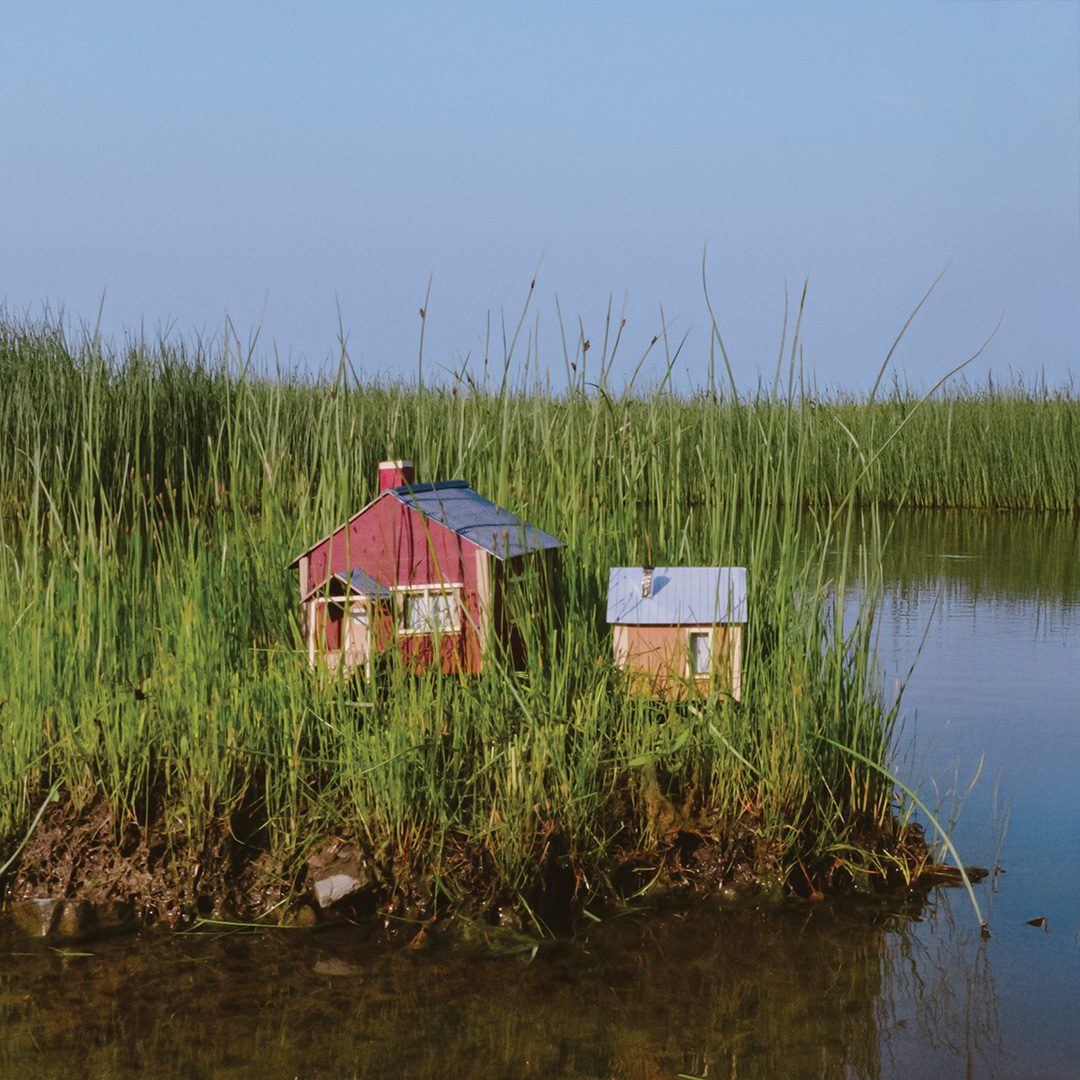Igra-Игра
idea, direction: Mattia Russo and Antonio de Rosa
choreography: Mattia Russo and Antonio de Rosa in collaboration with the interpreters
dramaturgy: Kor’sia, assisted by Gaia Clotilde Chernetich and Agnès LópezRío
set design: Kor’sia
voice: Marc Di Francesco
music: Da Rocha
costume idea and design: Luca Guarini & Adrian Bernal
clothing design, making: Mans Concept Menswear, Jaime Álvarez
realization and shoe making: Camper
technical director: Meritxell Cabanas
production: Gabriel Blanco and Paola Villegas (Spectare)
duration: 60’
premiere: Centro de Cultura Contemporanea Conde Duque, Madrid, 2021.
dancers: Antonio De Rosa, Giulia Russo, Alberto Terribile, Edoardo Brovardi, Angela Dematte, Benoît Couchot, Helena Olmedo Duynslaeger
coproduction: Center of Contemporary Culture Condeduque
with the assistance from: Ministry of Education, Culture and Sport - Government of Spain, Community of Madrid, City Hall of Madrid, Espai La Granja Valencia, European Festival, Ministry of Foreign Affairs and International Cooperation, Italian Institute of Culture of Madrid.
The piece is conceived as a choreographic writing in dialogue with the present and the past. The origins of “Igra” go back to “Jeux” by Nijinsky, a work created by Mattia Russo and Antonio de Rosa in the past. It was a short piece, and whose axis was the creative process of that Nijinsky work. The subject was broad and from that first process, the desire to continue and expand the ideas remained. As usual Russo and De Rosa visual power plays a decisive role in “Igra”, which without being a danced docudrama about that time and those works, is full of references, which appear in a subtle and intermittent way. Electronic music is close to the rhythms of Russian dances, the inclusion of Chopin, a Polish composer, seems to want to remember that although Nijinsky was born in Kiev and his sister Nijinska in Minsk, his family was Polish and the choreographer himself did not consider himself Russian. Metaphors are also present. “Jeux” was playing a tennis game but the game he wants to talk about is seduction. “Igra”, in short, does not reproduce or recreate, but the spirits of the famous brothers dwell (perhaps happily) in it.
Kor'sia has already taken the path of revisiting famous classics like “L’après-midi d’un Faune” or “Giselle”, with this particular vision that takes pieces from the past and connects and re-locates them. At present, they are trying to propose a possible imaginary that perfectly concentrates on an idea of the philosopher Paul Valery: “There are no finished poems, there are only abandoned poems.” Their fascination for these pieces, stems from the understanding of humanity as a device that shares a collective imagination, a series of shared discourses or narratives, which shape us as a community and as humanity. In those academic or repertoire pieces, invariably preserved in time, we can find answers or ways of life, lessons, allegories, to our current problems. During this time of investigation, the team was searching in the archive that configures dance, those “abandoned poems”, trying to rescue them and include them within contemporary times and dance.
The KOR'SIA Collective is a group of artists based in Madrid and formed by Mattia Russo and Antonio de Rosa as directors and choreographers, together with the visual arts researcher and co-founder, Giuseppe Dagostino and Agnès López-Río, Professor of Performing Arts as a playwright and artistic consultant. They make up the hard core of Kor'sia who, together with other collaborators related to other artistic disciplines, such as music, film, fashion, literature, lighting, design...
Enterprising, curious, fed by contemporaneity and artistic trends, Mattia Russo and Antonio de Rosa, guides of the Spanish collective KOR'SIA, have for some time embarked on an interesting exploration of the 20th century, especially the innovative season of Russian ballets, revisiting iconic titles. According to their increasingly recognizable aesthetics and grammar… With a more elaborate dramaturgical and choreographic development, the new “Igra” presented at the Roma Europa Festival, is performance that without telling, through subtle citations, visual references and stylistic details, he evokes the creative relationship between Nijinsky and his sister Nijinska the era in which they lived.
© Danza&Danza

